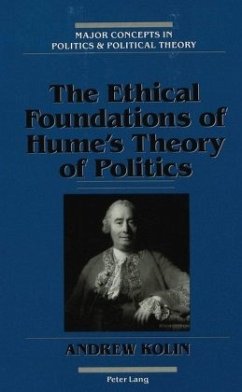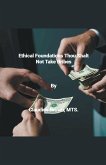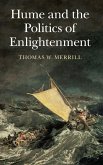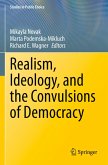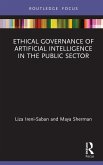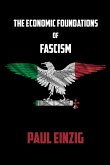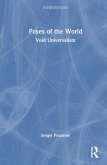The terms nature and artifice date back to the origins of western political thought. Historically, political philosophers have debated using either nature or artifice to explain the foundations of politics. This book demonstrates it is possible to reconcile nature and artifice, using the arguments presented by the great political philosopher of the Scottish Enlightenment, David Hume. Through a careful analysis of Hume's political writings, it traces how a definition of politics as nature and artifice must be understood in an historical context.
"Kolin has written an original interpretation of Hume's politics. The originality of this book is how Kolin demonstrates Hume's Theory of Politics as a tension between nature and artifice. His discussion of property and Rousseau illustrate how he challenges the notion that Hume is a conservative about politics." (Marshall Berman, City College & C.U.N.Y. Graduate Center)
"Professor Kolin's analysis of the relation between private property and the common welfare yields new insights into Hume's political thought and also bearsd irectly on contemporary debate on the scope and limit of the Free Market." (Martin Fleisher, C.U.N.Y. Graduate Center)
"Professor Kolin's analysis of the relation between private property and the common welfare yields new insights into Hume's political thought and also bearsd irectly on contemporary debate on the scope and limit of the Free Market." (Martin Fleisher, C.U.N.Y. Graduate Center)

